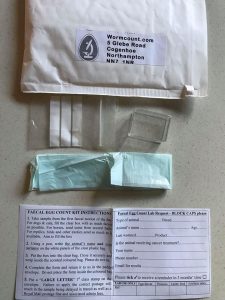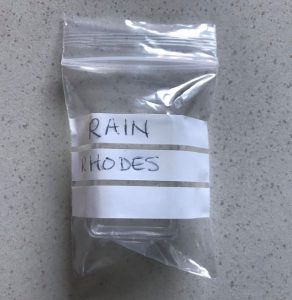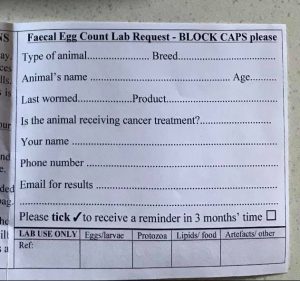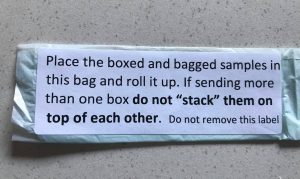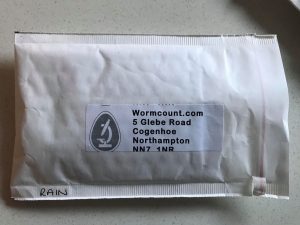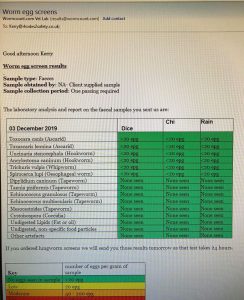So, here’s Jodi’s document which explains what WORM COUNTS are for those of you who’ve never heard of them but may just be interested.
WORM COUNTS –
By Jodi Davies for the Facebook Rhodesian Ridgebacks Show Page UK
WWW.WORMCOUNT.COMhttp://www.wormcount.com/companion-animals/
Until Wormcount.com was created, routine worm counts for companion animals were expensive and time consuming, as they were carried out almost exclusively by a Vet. You took your pet to the Vet, and then had to return with a faecal sample, which was then sent off to the lab. Several days passed and you were presented with the results, and a big bill. Worming advice was given and generally chemical worming products were also sold to you. There is nothing wrong with this process, except that it is taking up a Vet’s very valuable diagnostic surgery time on a routine process.
Now Wormcount.com offers a personal, fast, reliable, cost-effective alternative. This will save a visit to the Vet for you, and maximise the Vet’s time for sick animals.
So what is a worm count?
■A Faecal Egg Count or FEC counts the number of worm eggs in your pet’s faeces (poo).
■The results are presented as ‘eggs per gram’ (epg) of faeces. There is an easy to understand key on your Wormcount.com result sheet.
■The number of eggs is an indication of the number of adult worms in the gut of your dog or cat.
■Lungworm and heartworm tests are different as they test for live larvae in the faeces.
Why should I use a worm count?
■It will help you to decide whether you need to worm
■It can tell you if your worming regime is working
■It can give you information about the amount of contamination going into your environment.
HOW TO SEND OFF YOUR SAMPLE
Firstly, go to the website to order your kit which will take just a couple of days to arrive: https://wormcount.com/order-now/
When the kit arrives, it will have everything in it that you need to collect and send off your sample:
This is the kit you will receive. Read the instructions fully BEFORE you start “dealing with poo”.
Write your dog’s name and your surname on the white stripes that you see on the little bag.
Take the little square pot out of the bag and FILL it with poo. Then replace the pot back into the bag.
Fill out the form in BLOCK CAPITALS with the details of you and your dog.
Put the little pot of poo, in its tiny clear bag INTO the provided poo bag – please DO NOT tie the top.
You can send more than one sample in a bag but please DO NOT stack them in the envelope but put them side-by-side so that they do not get damaged.
Put your completed poo samples and forms into the envelope and send off to the lab. You will need to affix a stamp for a “large letter” to the envelope to ensure that there is enough postage paid.
Your results will be emailed to you within 24 hours. If you have also requested a lungworm test, this will take another day but will also be reported by email.


